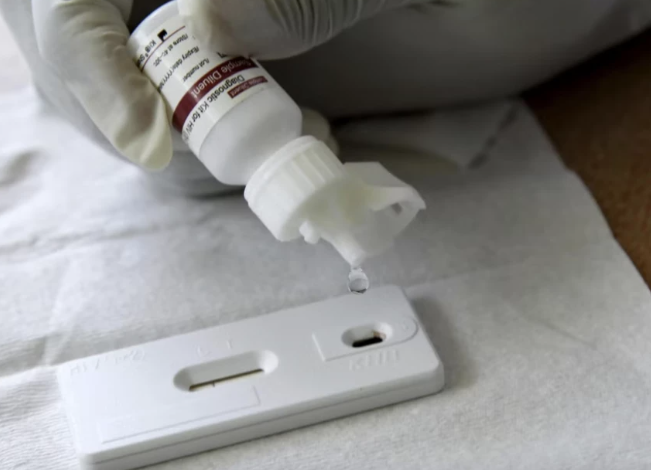Kenya did not meet its goal of reducing the mother-to-child HIV transmission rate to less than 5 percent by 2020, according to a report from the Ministry of Health.
Currently, the transmission rate stands at 8.6 percent, based on data from the National Syndemic Diseases Control Council (NSDCC).
With a new target, Kenya aims to reduce this transmission rate to zero percent by 2027. The Ministry of Health is focusing on women living with HIV, particularly through support groups, to combat mother-to-child transmission.
Rachuonyo Sub County HIV/AIDS coordinator Leonard Okumu stated that these support groups are crucial for helping pregnant and breastfeeding women achieve HIV viral load suppression.
During a science café organized by Media for Environment, Science, Health, and Agriculture (MESHA), Okumu emphasized that effective use of HIV drugs enables women to reach a viral suppression level, preventing HIV transmission to their unborn babies.
“The ARV drugs help in achieving viral suppression and therefore the mother who is viral suppressed cannot transmit HIV to the unborn baby,” Okumu said.
The Upendo women support group, composed of women living with HIV in Homabay County, is actively collaborating with the Ministry of Health to reduce mother-to-child HIV transmission.
Established in 2018 with the specific goal of addressing this issue, the group now has over 20 members. According to Upendo support group organizing secretary Lucy Auma Atela, their efforts have successfully decreased the number of women giving birth to HIV-positive babies in Homabay County.
“When we started this group there were a number of HIV positive women who were giving birth to HIV positive children. Like in our facility around here, you could find out of the ten new born, eight were HIV positive,” she says.
Out of the 12 support group members who have given birth since the inception of the group, Auma said none of them transmitted HIV to their babies.
“Out of the 12 women in this Upendo women support group who have given birth since we started this group, none of them has a HIV positive child. We always teach them on how they can prevent transmission of HIV to their children.”
She said they have been having sensitization sessions with the women of reproductive age who are living with HIV.
“We always tell them to take their ARVs as instructed by the doctors .We also tell them to go for all the 8 antenatal clinic,” she says.



